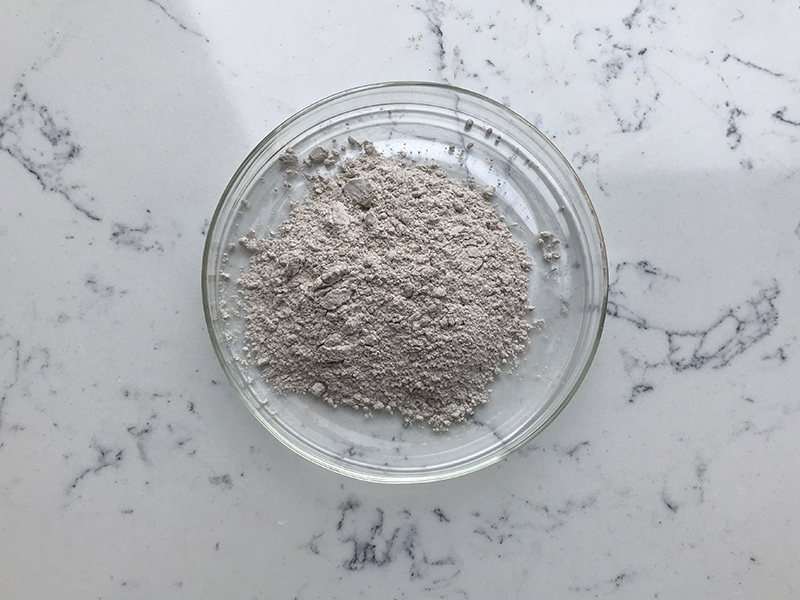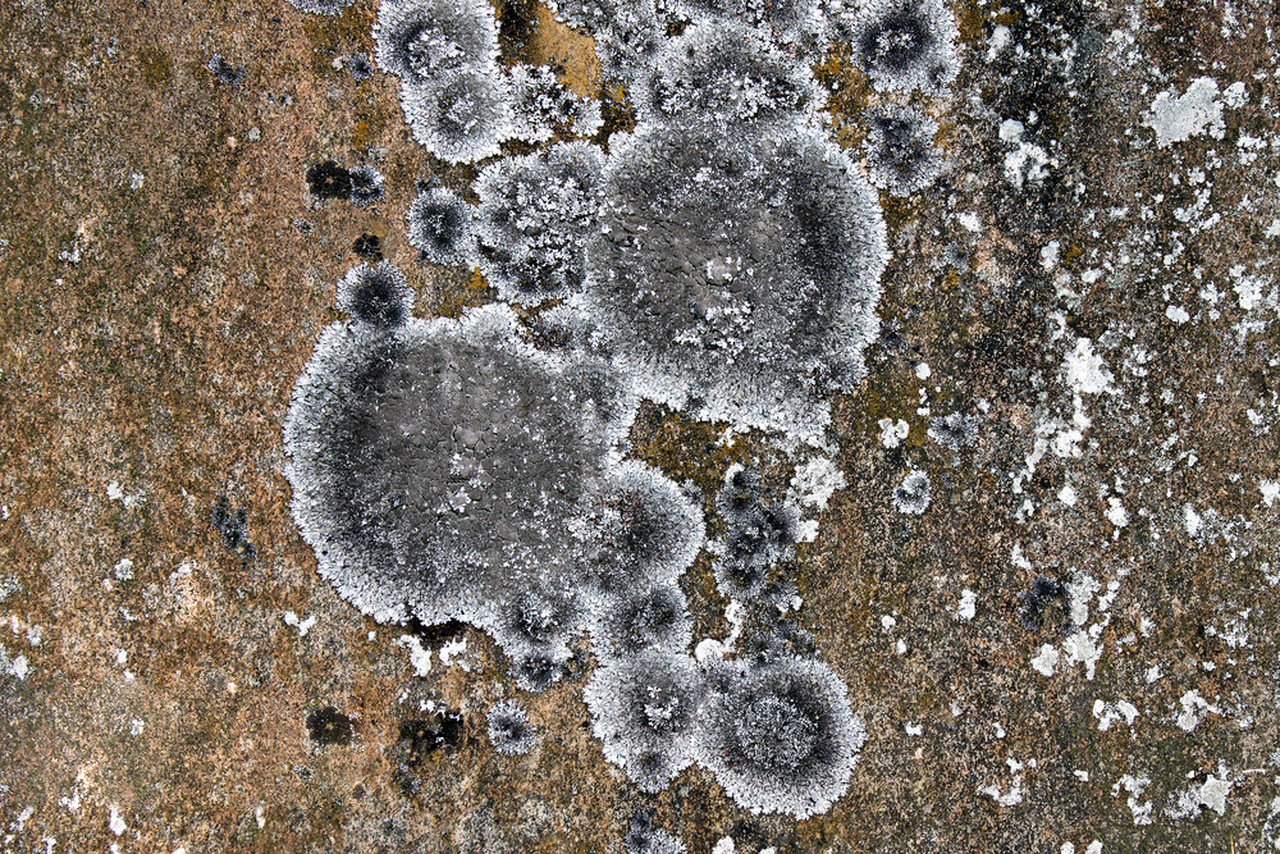Bacillus licheniformis is a species of bacteria that has garnered attention for its various applications in industry, agriculture, and biotechnology. Here are some of the pros and cons associated with Bacillus licheniformis:
Pros of Bacillus licheniformis:
Industrial Applications: Bacillus licheniformis is widely used in industrial processes such as the production of enzymes, antibiotics, and specialty chemicals. It produces a range of enzymes including proteases, amylases, and lipases, which find applications in various industries including food, detergent, and pharmaceutical.

Bioremediation: Bacillus licheniformis has been shown to have potential in bioremediation processes. It can degrade organic pollutants and contaminants in soil and water, contributing to environmental cleanup efforts.
Agricultural Uses: Some strains of Bacillus licheniformis have been found to promote plant growth and enhance crop yields. They can act as biofertilizers and biocontrol agents, protecting plants from pathogens and improving nutrient uptake.
Disease Control: Bacillus licheniformis produces antimicrobial compounds that inhibit the growth of certain harmful bacteria and fungi. This property can be harnessed for the development of antimicrobial agents and probiotics for human and animal health.
Cons of Bacillus licheniformis:
Pathogenic Potential: While Bacillus licheniformis is generally considered non-pathogenic, certain strains have been associated with infections in immunocompromised individuals. In rare cases, it can cause infections such as bacteremia and endophthalmitis.
Environmental Risks: The release of Bacillus licheniformis into the environment, particularly in high concentrations, could potentially disrupt natural microbial communities and ecosystems. Care should be taken to assess and mitigate any potential ecological risks associated with its use in bioremediation or agricultural applications.

Resistance Development: Like other bacteria, Bacillus licheniformis has the potential to develop resistance to antibiotics and other antimicrobial agents over time. This can pose challenges in both medical and industrial settings, necessitating careful monitoring and management of resistance development.
Regulatory Considerations: The use of Bacillus licheniformis in various applications may be subject to regulatory oversight and approval, particularly in industries such as food and agriculture. Compliance with regulatory requirements and safety standards is essential to ensure the responsible and sustainable use of this bacterium.
In summary, Bacillus licheniformis offers numerous potential benefits across various fields, but careful consideration of its risks and regulatory requirements is necessary to maximize its utility while minimizing potential drawbacks.
